Jordan travel tips
Jordan travel tips: A Middle Eastern gem, Jordan boasts ancient wonders like Petra and the Dead Sea, blending history, culture, and natural beauty.
Governorates 🌎
Jordan travel tips. Here is a list of all the governorates of the Jordan.

Amman (Al ‘A̅şimah)
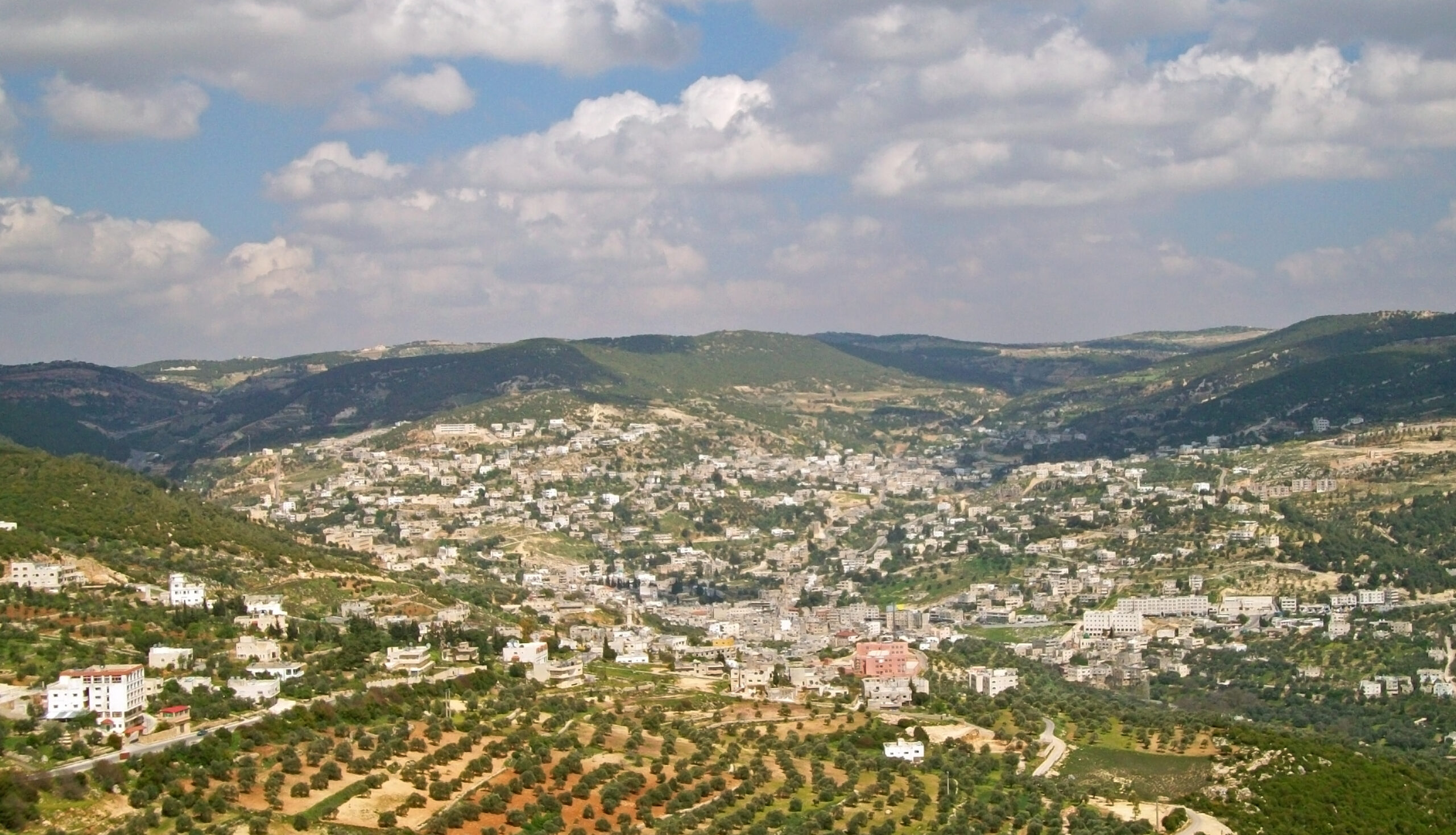
Ajloun (Ajlūn)
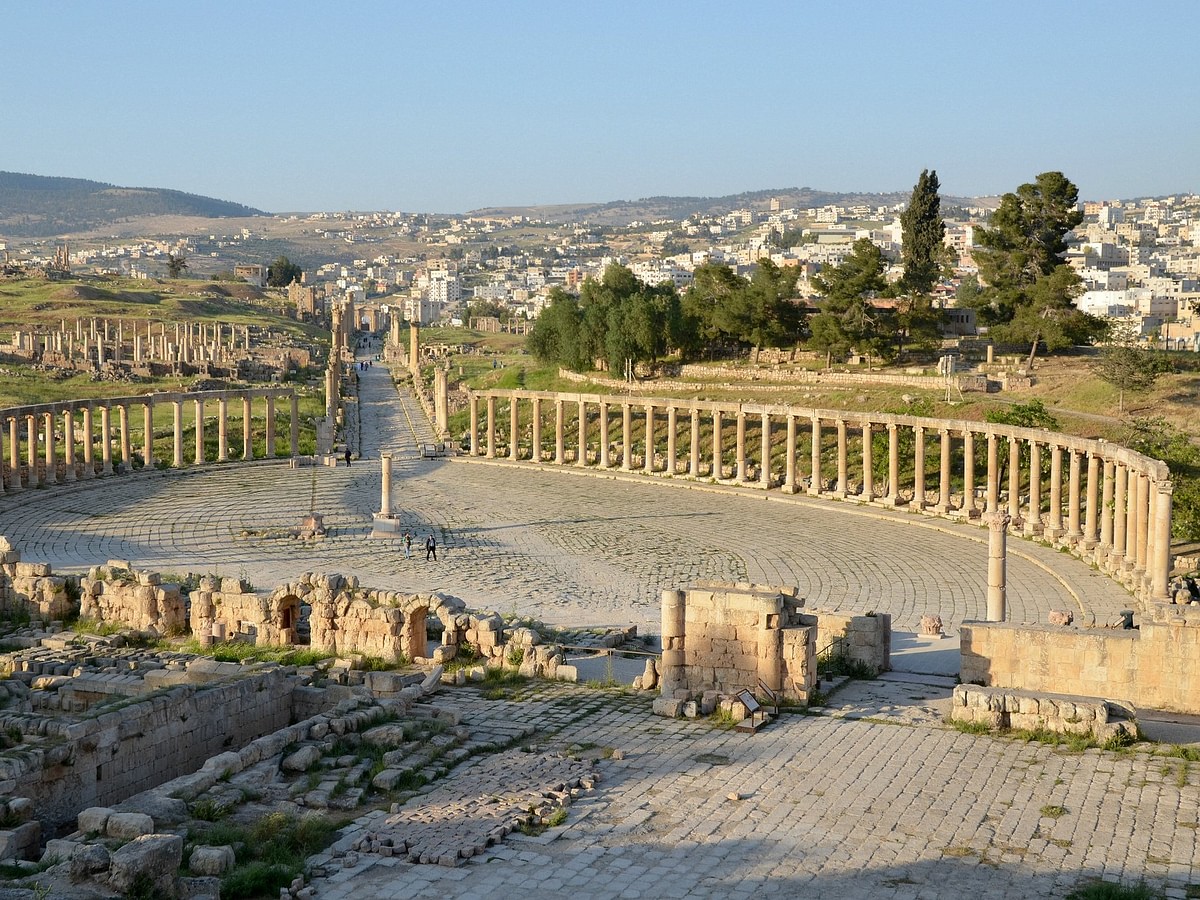
Jerash
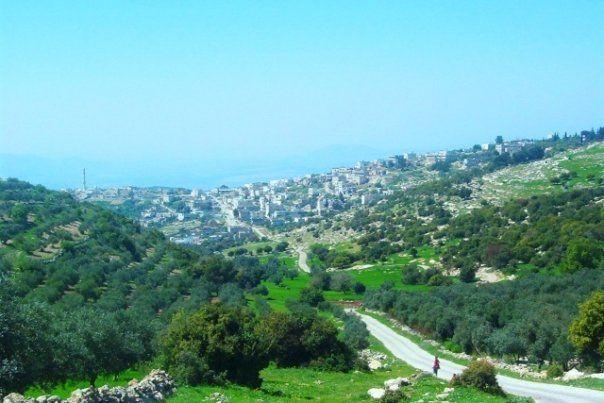
Irbid
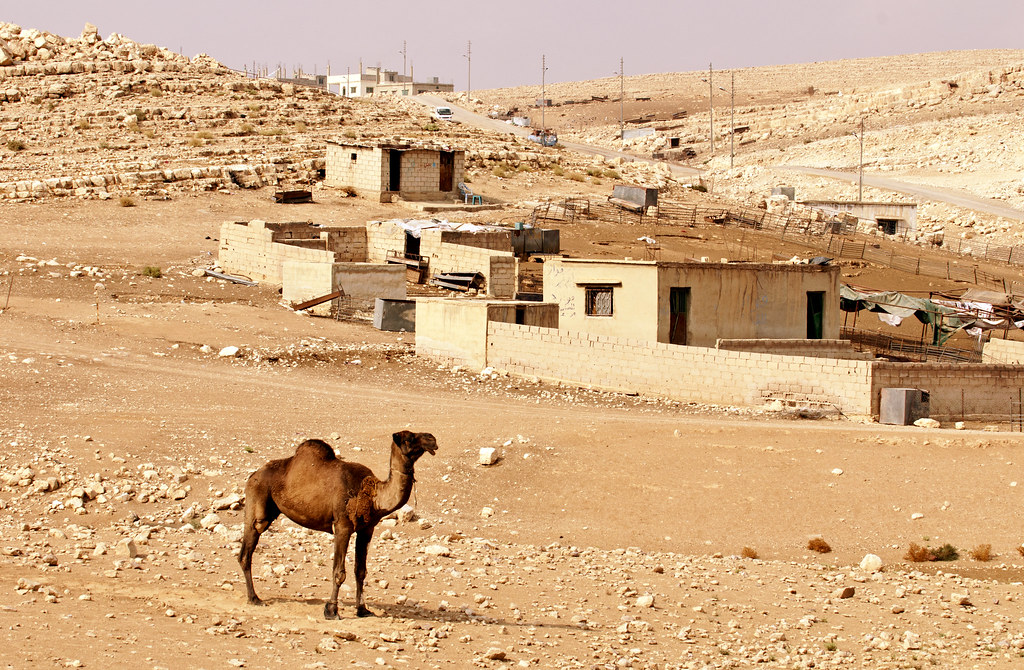
Mafraq (Al Mafraq)
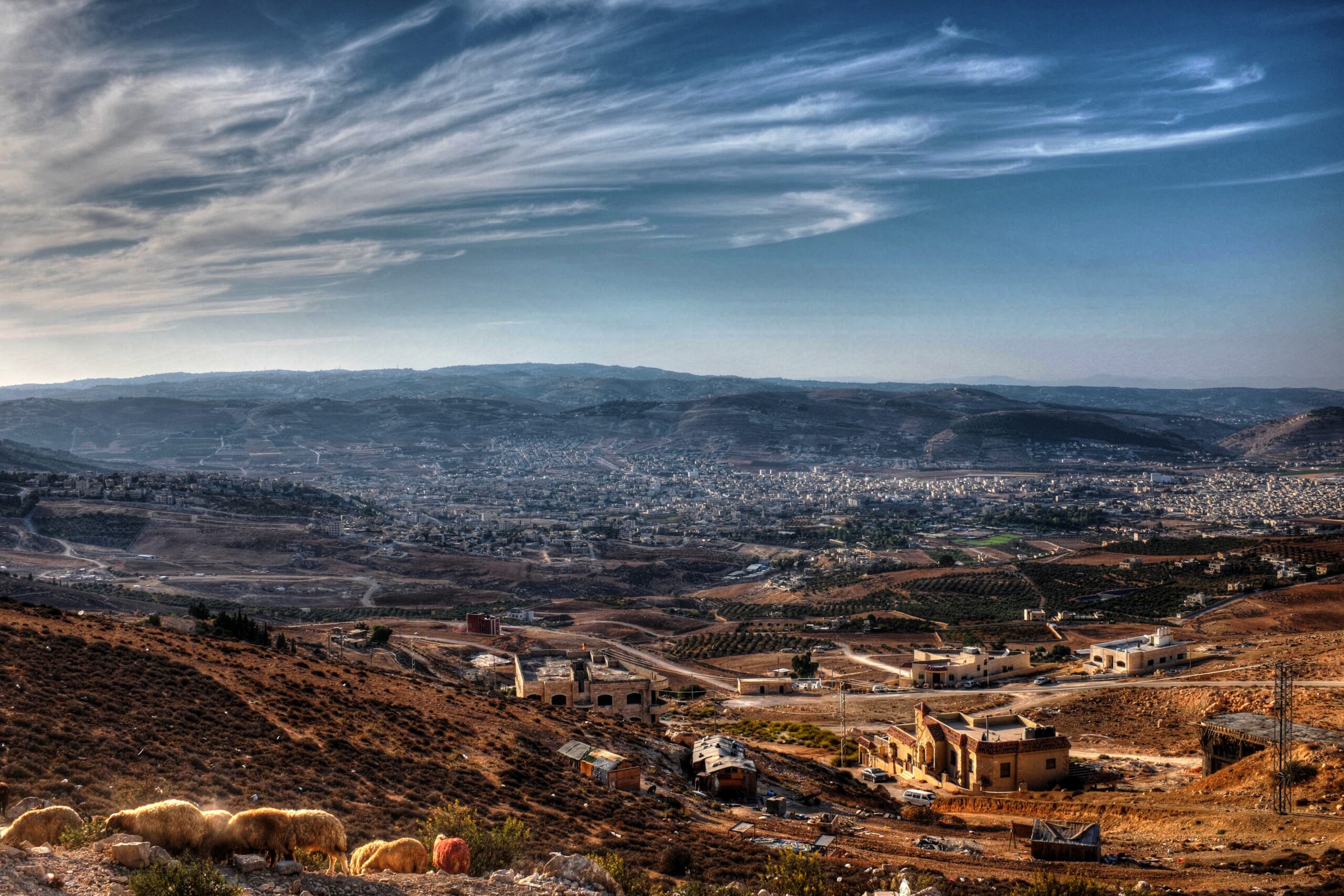
Balqa (Al Balqā’)

Zarqa (Az Zarqā’)
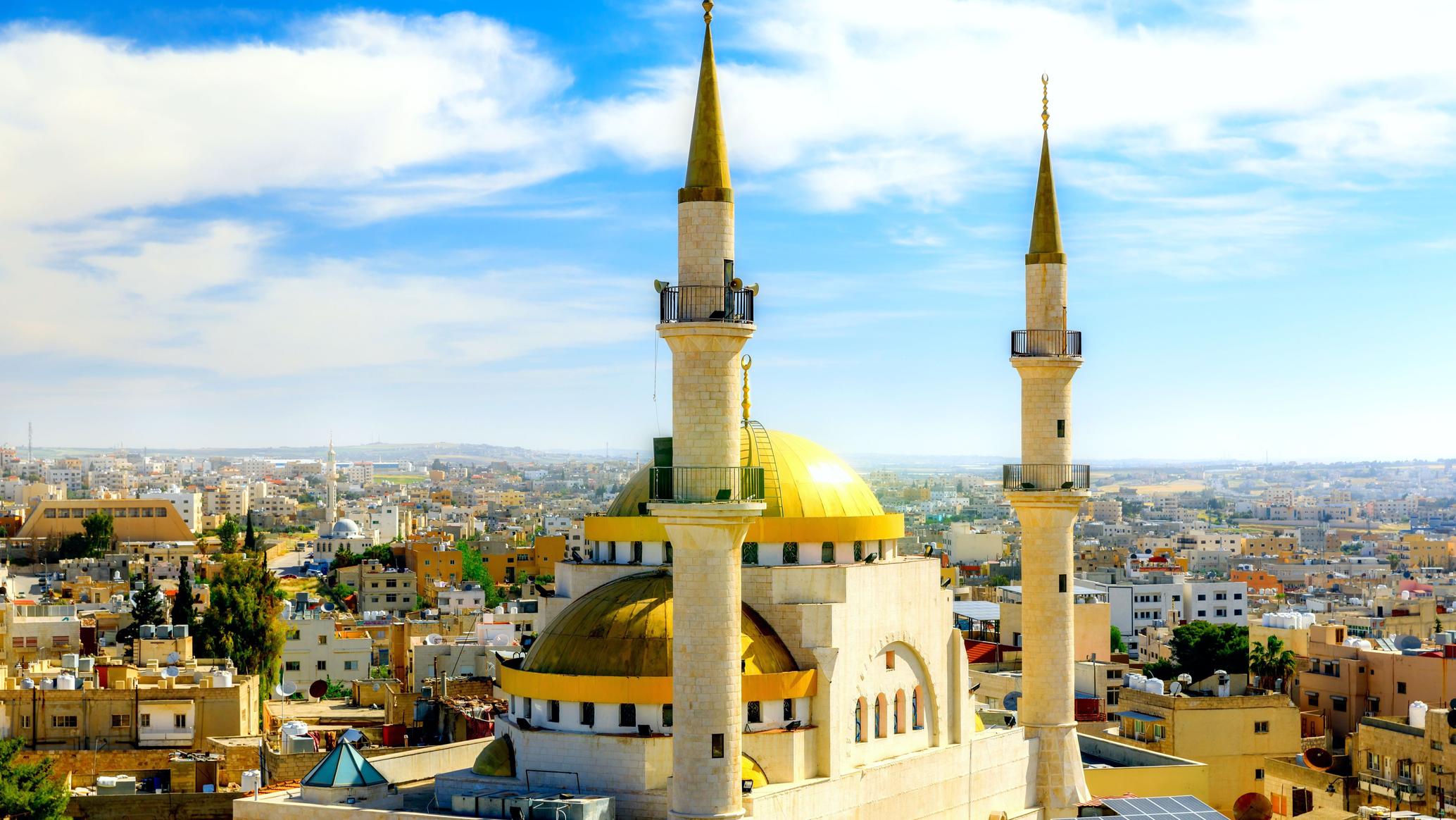
Madaba (Mādabā)
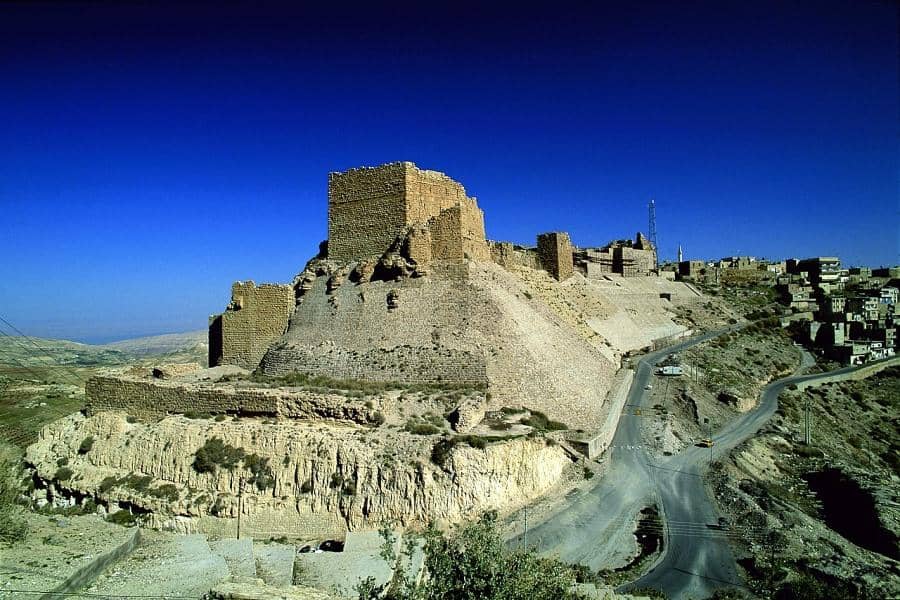
Karak (Al Karak)
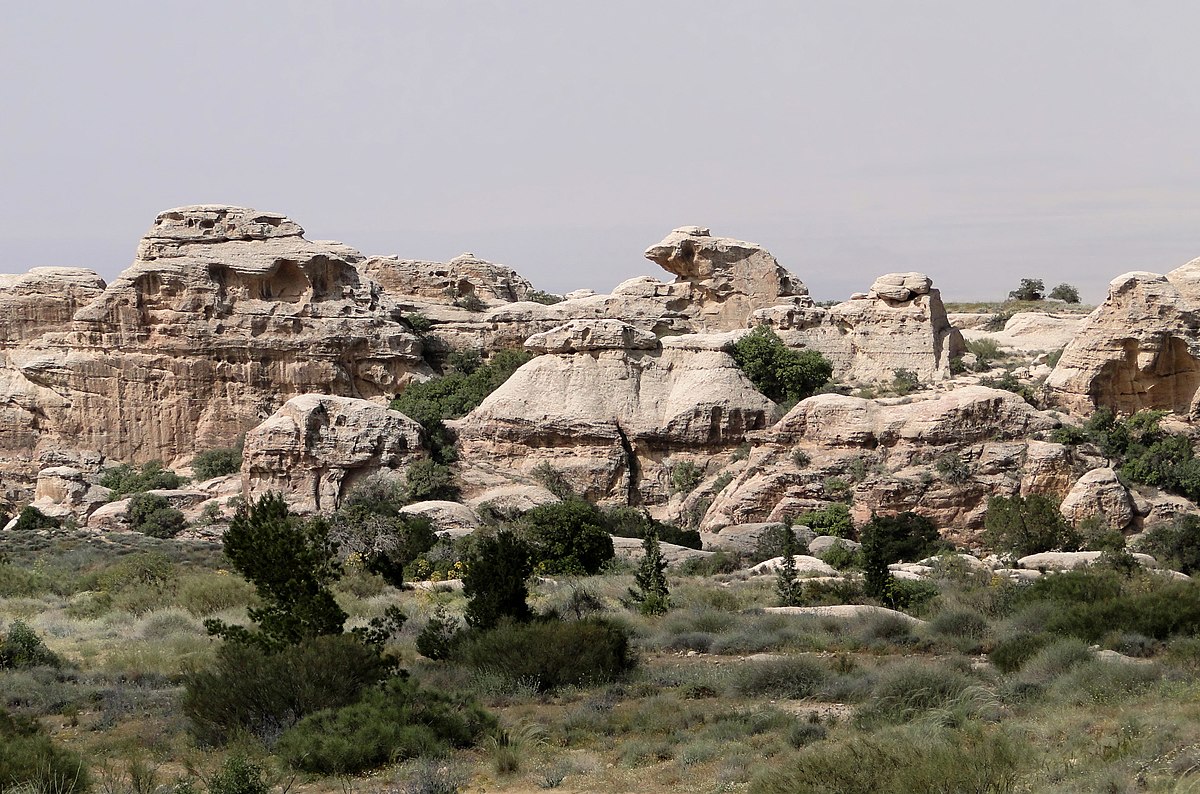
Tafila (Aţ Ţafīlah)
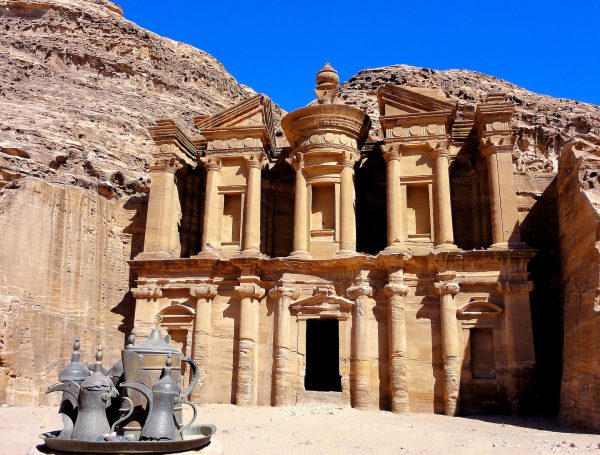
Ma’an
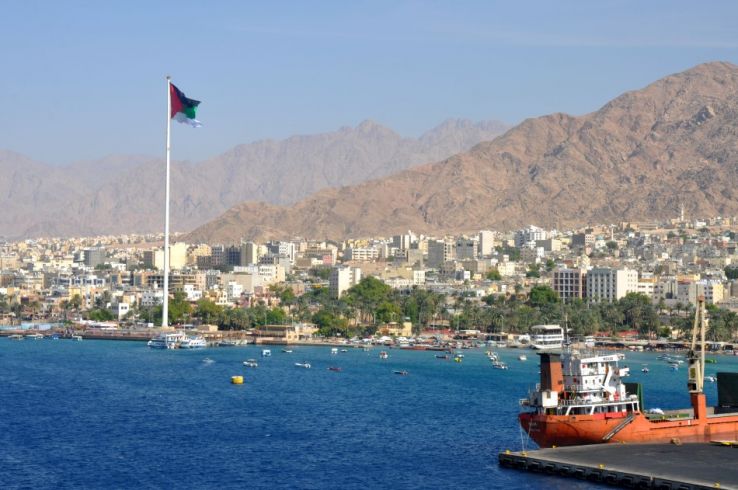
Aqaba (Al ‘Aqabah)
Before you go 🛩
Important information you should know before your trip
Info
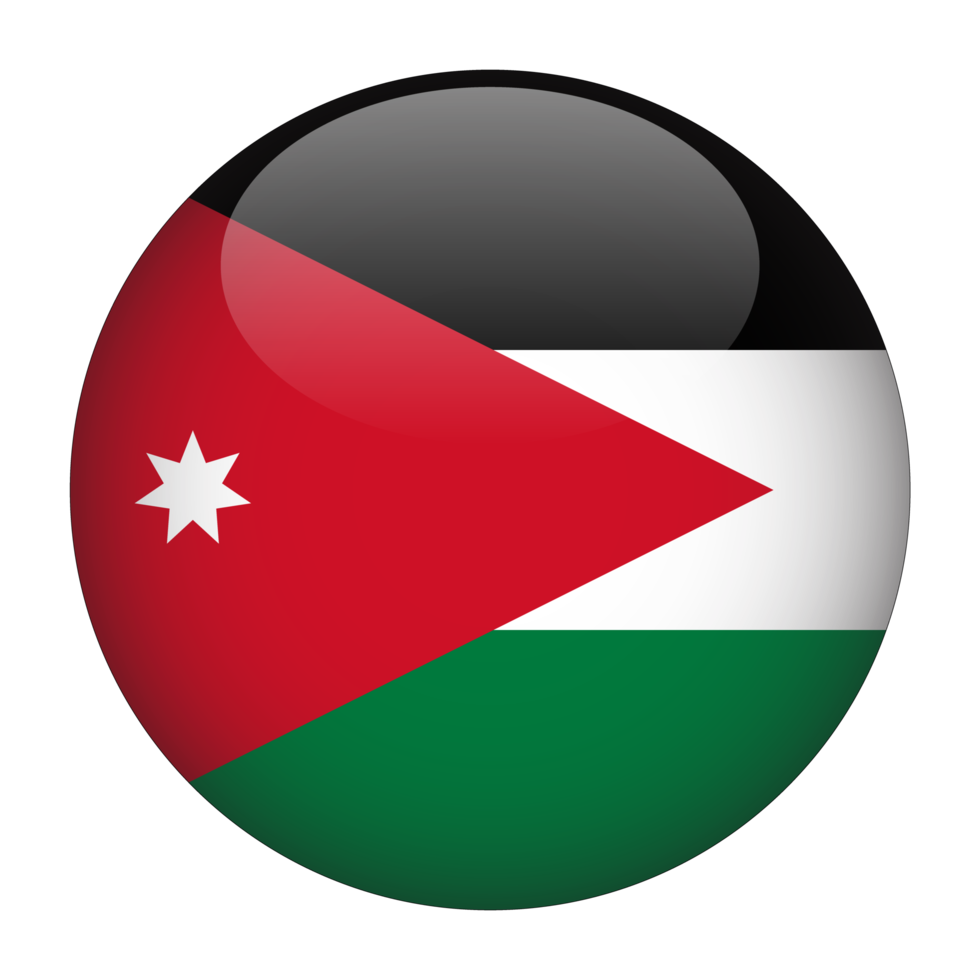
Capital | Amman
Flag Codes:
ISO alpha-2 JO,
ISO alpha-3 JOR
Currency
Badge | Jordanian dinar
CODE | JOD
NUMBER | 400
SYMBOL | د.ا
FRACTION | piastra
Mobile Coverage
Dialing Code | +962
SIM Card
Coverage | 3G / 4G / 5G |
Mobile Networks | Orange Mobile | Umniah Mobile | Zain Mobile |
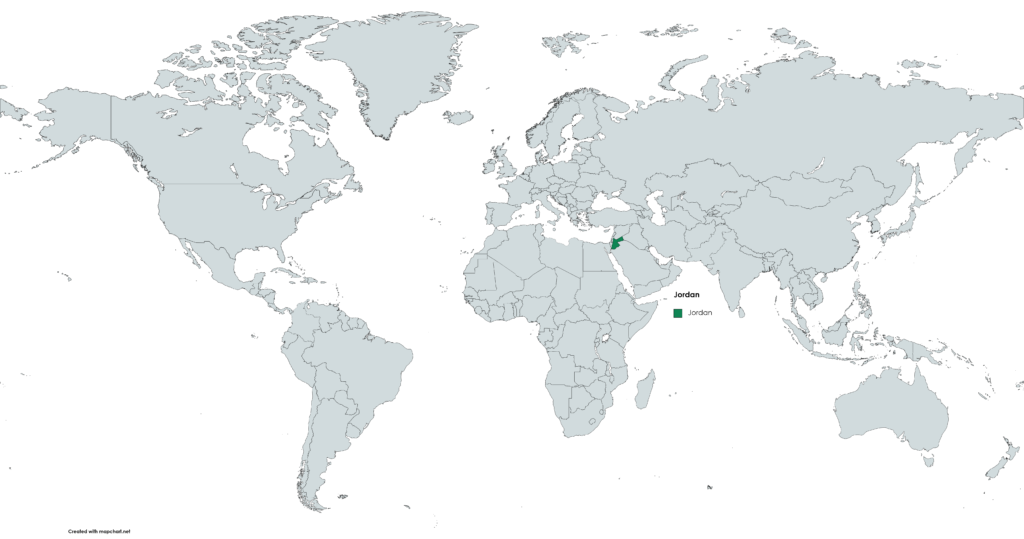
Location
Jordan is a country located in the Middle East, bordered by several countries. Here are the geographical coordinates of Jordan: Latitude: 30.5852° N Longitude: 36.2384° E.
Jordan is situated in the eastern part of the Middle East and is characterized by a diverse landscape that includes deserts, mountains, and the Dead Sea, which is one of the lowest points on Earth.
The capital city of Jordan is Amman, which is located in the northwestern part of the country. Jordan is known for its historical sites, including the ancient city of Petra, as well as its natural wonders and hospitality to tourists.
Currency
The official currency of Jordan is the Jordanian dinar (JOD).
The Jordanian dinar is divided into 100 piastres or 1,000 fils, although piastres and fils are rarely used. Jordanian banknotes are available in denominations of 1, 5, 10, 20 and 50 Jordanian dinars, while coins are available in denominations of 1/2, 1, 5, 10, 25, 50, 100 and 500 fils.
The Jordanian dinar is widely accepted throughout the country and can be exchanged at banks, exchange offices and some post offices. Additionally, credit and debit cards are widely accepted in Jordan, especially in tourist and shopping areas.
Languages
The official language of Jordan is Arabic, which is spoken by the majority of the population. However, due to Jordan’s long history and geographical position, other languages are also spoken in the country. Some of them are:
English: is the most commonly spoken second language in Jordan and is widely used in business, tourism and higher education.
French: Although not as common as English, French is also spoken by some people in Jordan, especially in business and in dealings with French-speaking countries.
Aramaic: is a Semitic language that was spoken in ancient times in the Jordan region and is still spoken by some people in rural areas of the country.
Circassian: is a minority language that is spoken by the Circassian community in Jordan.
Armenian: is spoken by the Armenian community in Jordan.
Furthermore, speakers of other minority languages, such as Turkish, Greek and Russian, can also be found in Jordan.
Climate 🌡
Jordan has a predominantly arid climate, with a wide range of temperatures throughout the year and limited rainfall. The country’s climate varies based on its diverse geography, from the desert landscapes to the mountainous regions. Here are the key features of Jordan’s climate:
Desert Climate:
Much of Jordan experiences a desert climate, characterized by hot summers and relatively mild winters.
Summer Temperatures:
Summers in Jordan are extremely hot, particularly in the desert areas. Daytime temperatures often exceed 40°C (104°F), and the heat can be intense.
Mild Winters:
Winters are generally mild, with temperatures ranging from around 10-15°C (50-59°F) during the day. Nights can be cooler, with temperatures sometimes dropping close to freezing, especially in the desert areas and higher elevations.
Limited Rainfall:
Jordan receives very little rainfall, particularly in the desert regions. Rainfall is most common during the winter months, but the amounts are generally low.
Dead Sea:
The Dead Sea area experiences a unique microclimate due to its low elevation. Summers can be extremely hot, while winters are milder compared to other regions.
Mountainous Regions:
Areas with higher elevations, such as the Ajloun Mountains and the Dana Biosphere Reserve, have slightly cooler temperatures than the low-lying desert areas.
Spring and Fall:
Spring and fall are considered more comfortable seasons for visiting Jordan, as temperatures are moderate and the weather is generally pleasant.
Diverse Landscapes:
Jordan’s varied geography includes deserts, mountains, valleys, and the Dead Sea. Each region experiences slightly different climate conditions.
Flash Floods:
In some areas, heavy rainfall during the winter months can lead to flash floods, particularly in dry riverbeds and valleys.
Humidity:
Humidity levels are generally low throughout the country due to the arid conditions.
Wind:
Wind can be a significant factor, especially in desert areas, contributing to the sensation of cold during the winter and heat during the summer.
Jordan travel tips
If you’re planning a trip to Jordan, here are some travel tips to enhance your experience:
Historical Marvels:
Explore Petra, the ancient city carved into rose-red cliffs, and Jerash’s well-preserved Roman ruins.
Dead Sea Experience:
Float effortlessly in the buoyant waters of the Dead Sea and indulge in its therapeutic mud.
Wadi Rum Adventures:
Discover the Martian-like landscape of Wadi Rum with a jeep tour or a magical night under the desert stars.
Guided Tours:
Consider guided tours for in-depth insights into historical and cultural sites.
Transportation:
Utilize taxis, buses, and organized tours for efficient travel between cities and attractions. View Guide.
Local Etiquette:
Greet with a friendly “As-salamu alaykum” and be polite in interactions. Bargain respectfully in markets.
Health Precautions:
Stay hydrated, especially in the desert, and be cautious with street food. Ensure your vaccinations are up-to-date.
Enjoy your time in Jordan!

The best of the best
Jordanian cuisine is a reflection of the country’s history, culture, and geography. It features a mix of traditional Middle Eastern flavors and ingredients, resulting in a diverse and flavorful culinary tradition.

Mansaf
Considered the national dish of Jordan, mansaf is a traditional Bedouin dish made with tender lamb cooked in a fermented yogurt sauce, served over a bed of rice and often garnished with pine nuts and almonds.

Falafel
Deep-fried chickpea or fava bean patties seasoned with herbs and spices. They are typically served in pita bread with vegetables and tahini sauce.
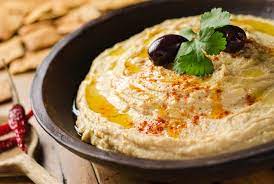
Hummus
A creamy dip made from blended chickpeas, tahini, lemon juice, and garlic. It’s often served as an appetizer with pita bread.
Here are some typical foods you might find in Jordan:
Tabbouleh: A fresh salad made with chopped parsley, tomatoes, mint, onion, and bulgur, dressed with olive oil and lemon juice.
Kebabs: Grilled skewers of marinated meat, such as lamb, chicken, or beef, served with rice, vegetables, and bread.
Kofta: Spiced ground meat (usually lamb or beef) shaped into balls or patties and grilled.
Maklouba: A one-pot dish where rice, vegetables, and meat are layered and cooked together, then inverted onto a serving platter.
Shawarma: Slices of roasted meat (often chicken or lamb) served in pita bread with vegetables and tahini or garlic sauce.
Maqluba: Similar to maklouba, maqluba is a dish where rice, meat, and vegetables are layered and cooked, then flipped onto a plate for serving.
Jordanian Salads: Various salads featuring ingredients like cucumber, tomato, onion, and bell peppers, often seasoned with herbs and olive oil.
Labneh: A creamy strained yogurt often served as a dip or spread, drizzled with olive oil and herbs.
Za’atar: A popular Middle Eastern spice blend made from dried thyme, sumac, sesame seeds, and salt. It’s often mixed with olive oil and spread on bread.
Sambousek: Savory pastries filled with spiced meat, cheese, or vegetables.
Jordanian Desserts: Sweets like baklava (layers of filo pastry with nuts and honey), knafeh (sweet cheese pastry soaked in sugar syrup), and awama (deep-fried dough balls soaked in syrup).
Tea and Coffee: Jordanians enjoy strong black tea, often flavored with mint, and Arabic coffee, which is flavored with cardamom and served in small cups.
Jordanian cuisine is known for its use of fresh herbs, spices, and high-quality olive oil.
Transportation 🚥
More information about this country
Choose your destination 📍🗺
Useful Links ✅



